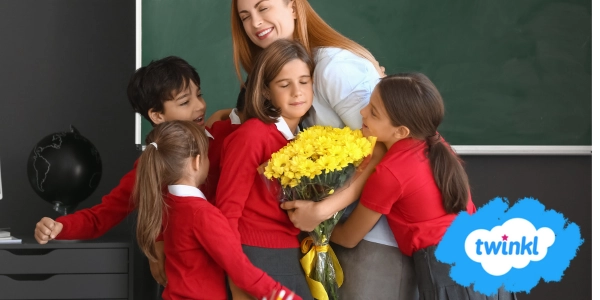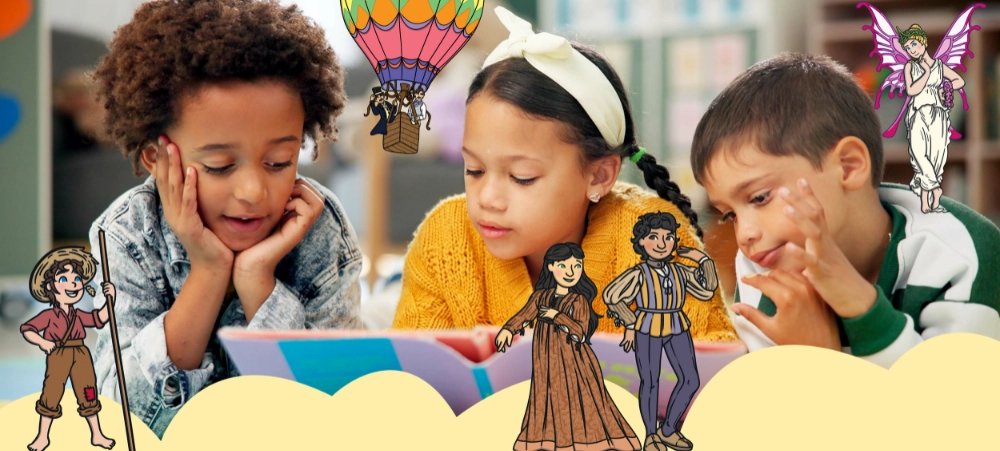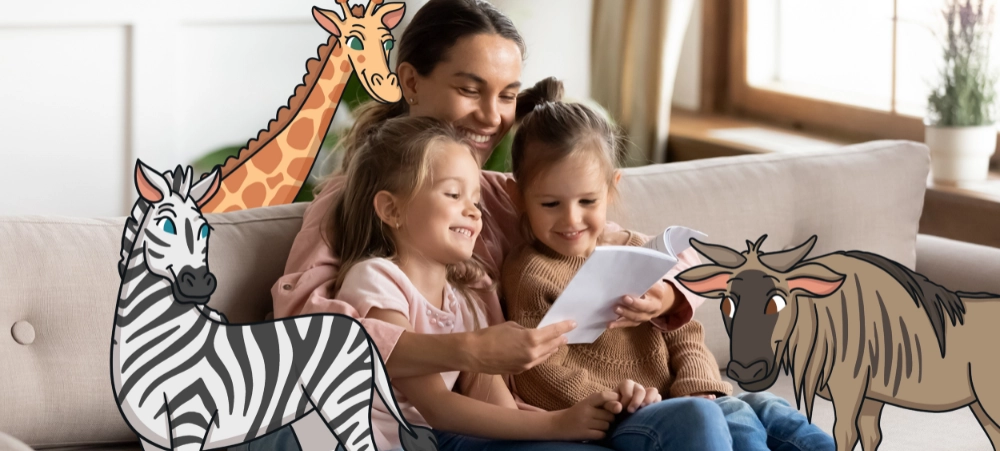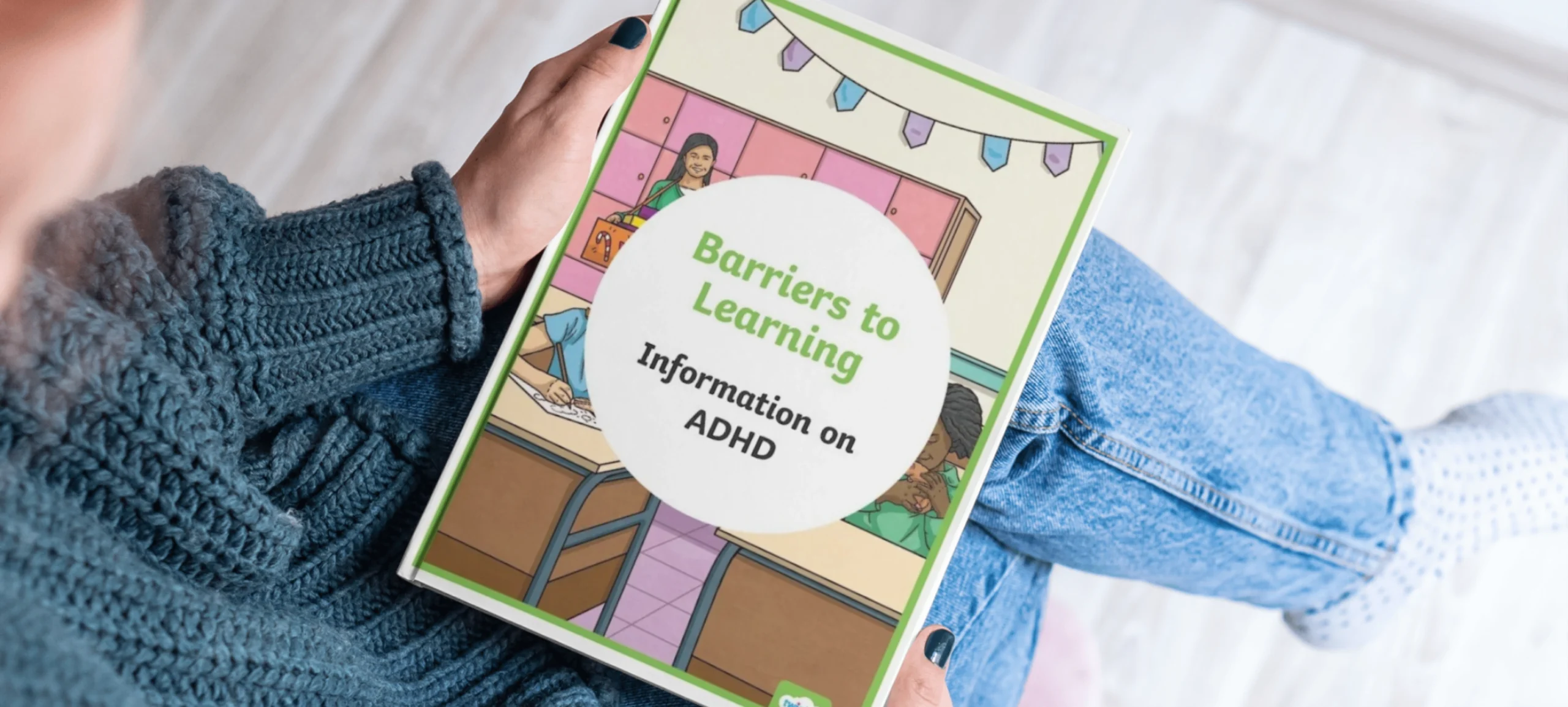Parents and teachers are partners in a child’s educational journey. After all, children spend a significant portion of their week with their teachers — so open, respectful communication is essential for supporting academic progress, addressing emotional or behavioural concerns, and fostering trust.
Twinkl offers a wealth of resources to help parents navigate school communication, but let’s explore some simple ways to strengthen this connection right away:
1. Choose the Right Communication Channels

Whether through WhatsApp groups, communication apps, or in-person chats, finding the best way to connect with your child’s teacher is key. Remember to keep messages respectful and concise, focusing on school-related topics to maintain a positive, productive atmosphere.
2. Respect the Teacher’s Morning Routine
Mornings are a busy time as teachers welcome learners and set the tone for the day. If you have concerns, consider requesting a meeting instead of raising issues during drop-off. This ensures your child’s teacher can give your concern the attention it deserves without disrupting the class.
3. Be Open to Constructive Feedback
Hearing that your child needs extra support or has behavioural challenges can be tough, but it’s important to remember that teachers share feedback to help your child thrive. Approach these conversations with an open mind, and if you disagree, express your thoughts calmly to maintain a collaborative relationship.
4. Be Mindful of Teachers’ Time

Teachers juggle many responsibilities, so try to keep communication brief and focused, saving longer discussions for scheduled meetings. And unless it’s an emergency, avoid reaching out during evenings or weekends to respect their personal time.
5. Show Appreciation
Teaching is a demanding job, and small gestures of gratitude can make a big difference. A heartfelt thank-you note or kind words during a conversation can strengthen your relationship and brighten a teacher’s day.
Working Together for Your Child’s Success
When parents and teachers communicate with mutual respect and support, they create an enriching environment where children can flourish. By staying connected, appreciating each other’s roles, and using thoughtful communication strategies, you can help make school a positive, nurturing space for your child.
For more tips and printable resources to support parent-teacher collaboration, explore Twinkl’s free guides. Let’s work together to build strong partnerships that empower learners to reach their full potential!
Link: https://www.twinkl.co.za/l/qncqm
The company provides high quality, online learning materials and services, which are all teacher-created and checked.
Twinkl offers over 1 million resources, with new content added daily. This ranges from schemes of work and assessments to augmented reality games and much more.
Twinkl is used and trusted by schools and educators in over 200 countries and regions, including primary and secondary school teachers, nursery workers and parents.
Twinkl has over 1400 team members based in its two Sheffield offices and remotely around the globe, including a large team in South Africa.
More information can be found at twinkl.co.za
Our story:
The idea for Twinkl came to Jonathan and Susie Seaton when Susie was working as an Early Years teacher and couldn’t find the materials she needed for her lessons online. As a result, Susie was working evenings and weekends to make resources from scratch.
Speaking to colleagues and friends, the couple found that Susie was not alone in her situation. So, to help other teachers, they began creating and publishing educational resources online from their spare bedroom.
The business grew quickly and organically as educators embraced the high-quality materials. The team grew quickly too, with current and former teachers, as well as experts in content and design soon joining Jonathan and Susie in their mission 'to help those who teach.'
Jonathan and Susie are delighted that Twinkl is now taking this mission across the world, returning time and energy to educators that is better spent in the classroom with their pupils or on themselves at home.





